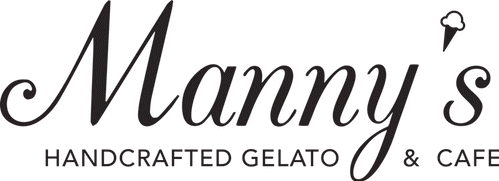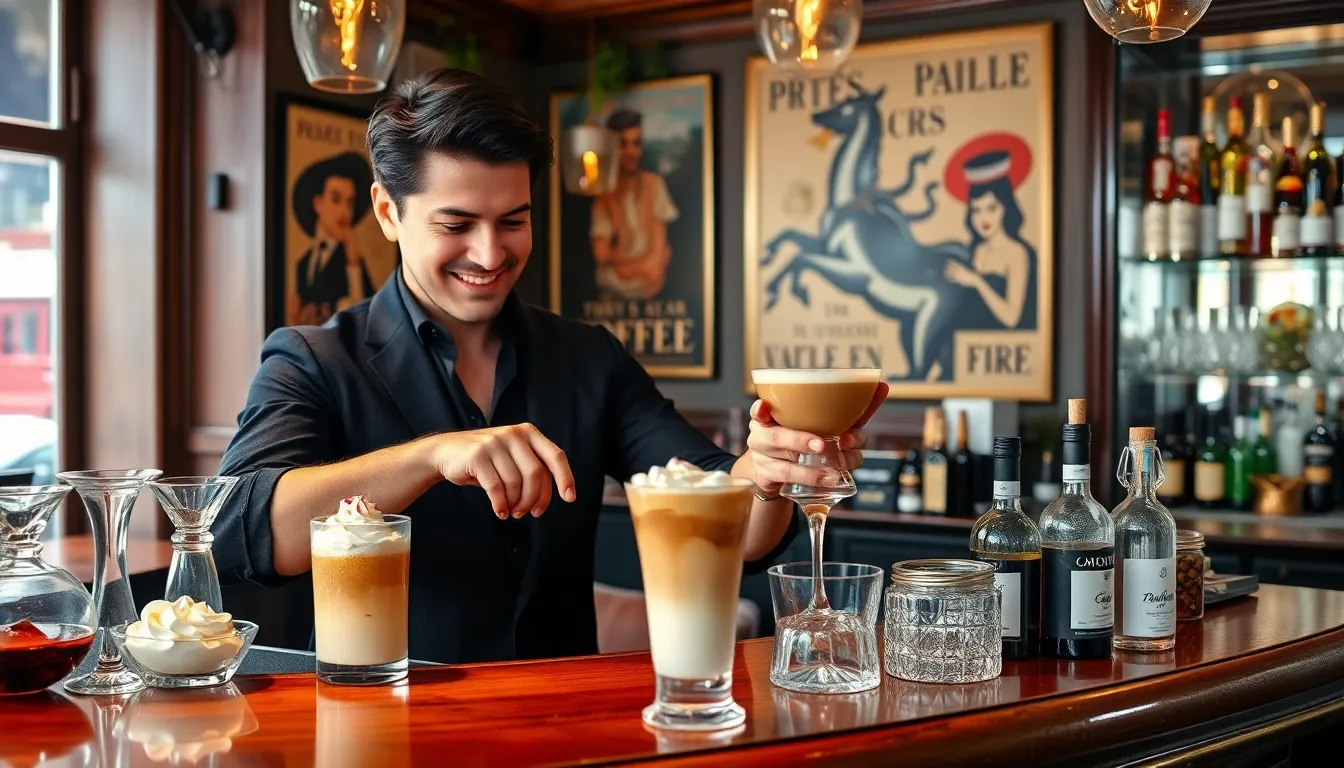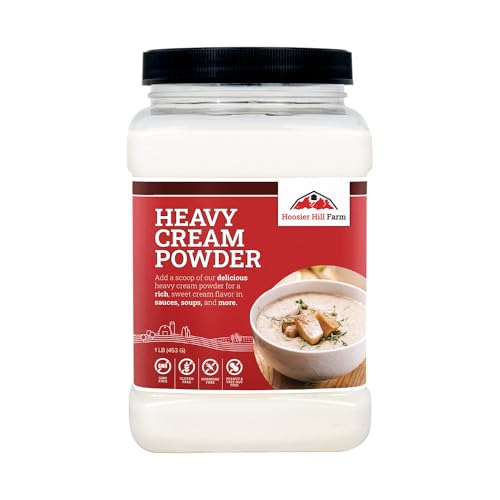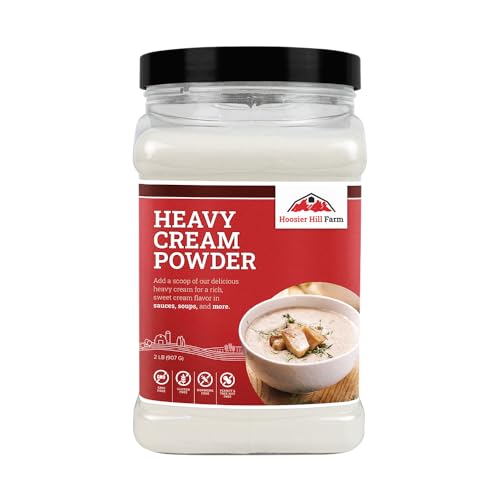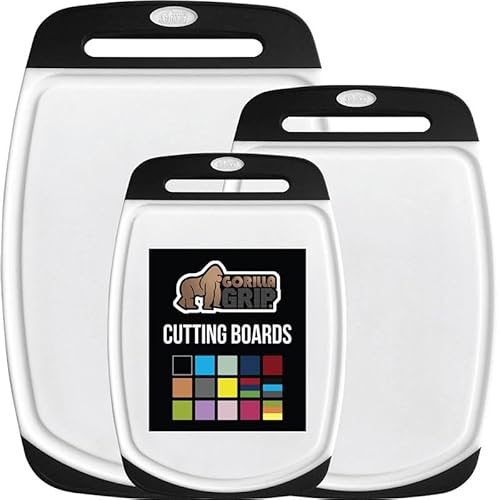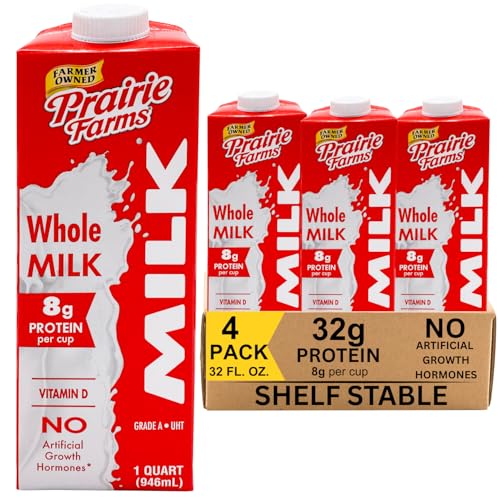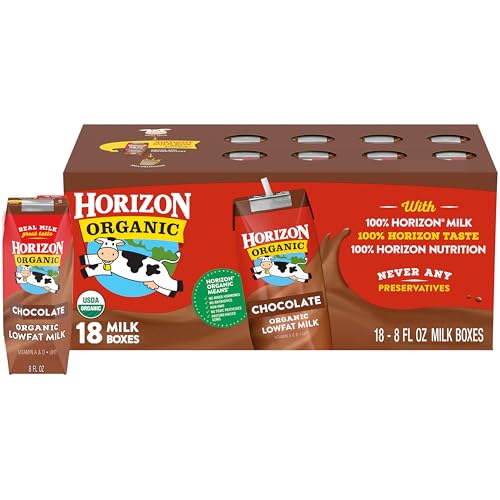Ever wondered how the French elevate their coffee experience into something truly extraordinary? French coffee cocktails blend the rich traditions of French café culture with mixology expertise, creating sophisticated drinks that dazzle both coffee enthusiasts and cocktail aficionados alike.
These elegant concoctions typically feature classic French spirits like Cognac, Grand Marnier, or Cointreau paired with bold coffee flavors. Whether you’re sipping a Café Français on a Parisian terrace or mixing up a French Connection Coffee at home, these cocktails offer the perfect balance of stimulating caffeine and smooth, complex liqueurs. They’re ideal for brunch gatherings, after-dinner treats, or anytime you want to add a touch of French sophistication to your day.
The Rise of French Coffee Cocktails
French coffee cocktails have transformed from obscure café specials to staples on trendy bar menus across the globe. Their growing popularity stems from social media’s influence, with Instagram and TikTok showcasing these photogenic drinks garnished with whipped cream, chocolate shavings, and edible gold flakes.
Bartenders in Paris began experimenting with coffee-infused cocktails in the early 2010s, creating signature drinks that combined classic French spirits with espresso. These concoctions quickly spread to New York, London, and Tokyo, sparking a worldwide appreciation for the sophisticated coffee-spirit pairings.
“I’ll never forget the first time I tasted a properly made French Coffee,” shares Rikki Manny. “It was at a small café in Montmartre, and the barista combined freshly brewed coffee with a splash of Cognac and orange liqueur. That perfect balance of bitter, sweet, and boozy changed my perception of what coffee could be.”
The create cocktail movement has embraced French coffee drinks, with mixologists competing to create innovative variations using house-made syrups, artisanal bitters, and locally roasted beans. Specialty cafés now offer extensive coffee cocktail menus, featuring both traditional recipes and modern interpretations that highlight seasonal ingredients.
Tourism has played a important role in popularizing these beverages, with travelers seeking authentic French café experiences returning home craving the distinctive flavors. Many tourists report that sampling a French coffee cocktail ranks among their most memorable Parisian experiences, prompting them to recreate these drinks for friends and family.
The crossover appeal of French coffee cocktails makes them particularly marketable – they’re sophisticated enough for upscale establishments yet accessible enough for casual settings. Their versatility has cemented their place in contemporary drinking culture, appealing to both coffee enthusiasts and cocktail aficionados alike.
Classic French Coffee Cocktail Recipes
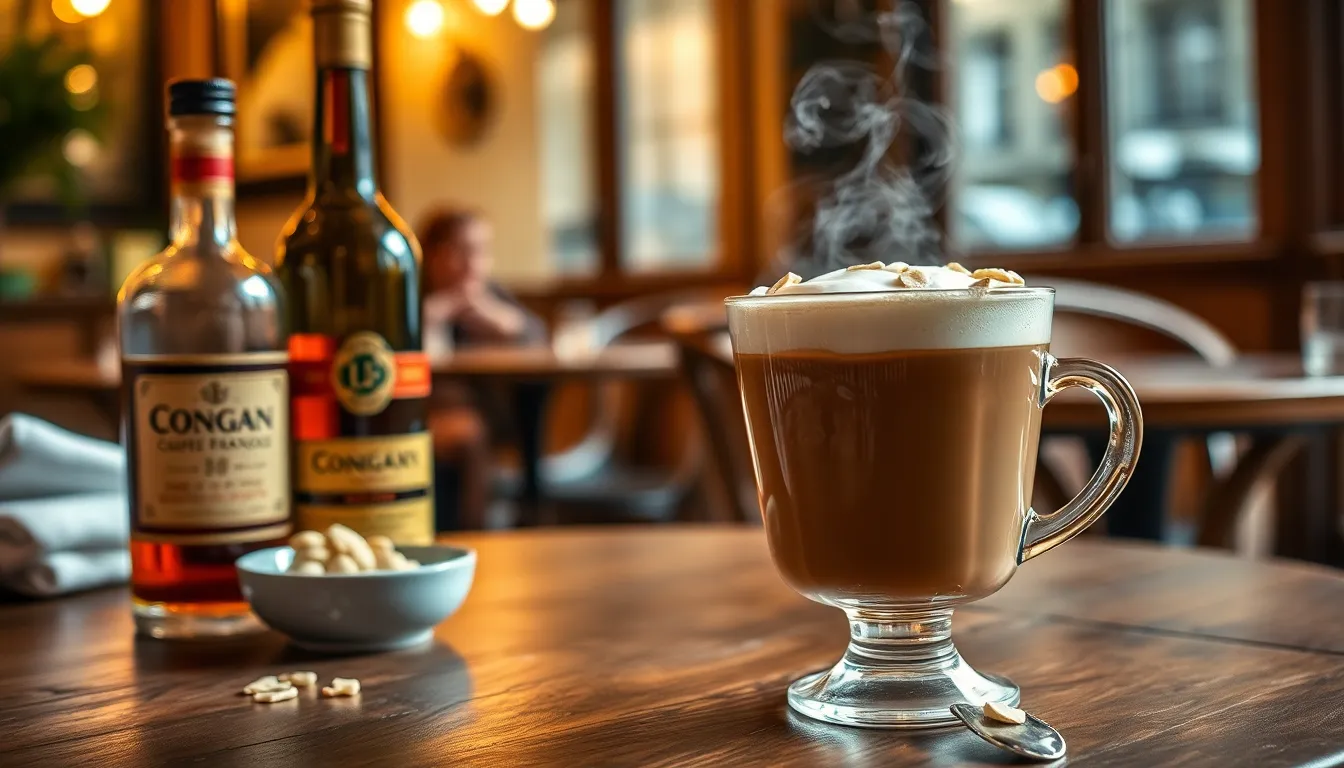
French coffee cocktails blend rich coffee flavors with premium spirits to create sophisticated, warming drinks with deep cultural roots. These recipes showcase the perfect marriage of French elegance and bold coffee notes.
Café Français
Café Français stands as a testament to French refinement, combining strong coffee with classic French spirits. This elegant cocktail features cognac or Grand Marnier as its base, creating a warming drink that’s perfect for cool evenings. Served hot and topped with a generous dollop of whipped cream, the Café Français often includes shaved almonds as a garnish, adding texture and a nutty complement to the rich coffee. The contrasting temperatures and textures make this cocktail particularly satisfying, with the hot coffee melting into the cool whipped cream for a luxurious mouthfeel.
French Connection Coffee
French Connection Coffee, also known as Dumas or Grand French Coffee, traces its origins to the French bourgeoisie where it symbolized luxury and aristocratic indulgence. The recipe combines:
| Ingredient | Amount |
|---|---|
| Hot coffee | 1 cup |
| Cognac | 1 ounce |
| Amaretto (or Grand Marnier) | 1 ounce |
| Whipped cream | To taste |
| Shaved almonds | For garnish |
Preparation begins with preheating a glass to maintain the cocktail’s warmth throughout the drinking experience. Pour the cognac and amaretto into the heated glass, then fill with freshly brewed, robust coffee. Top with a cloud of whipped cream and finish with a sprinkle of shaved almonds for both visual appeal and textural contrast.
Rikki Manny first encountered this drink at a small Parisian café tucked away on a cobblestone street in the 6th arrondissement. “The barista prepared it with such care—warming the glass, measuring the spirits precisely, and creating the most beautiful spiral of whipped cream on top,” she recalls. “That first sip, with the perfect balance of bitter coffee and sweet liqueurs, completely transformed my understanding of what coffee could be.”
The pairing of cognac’s warm, fruity notes with amaretto’s sweet almond flavor creates a complex yet harmonious flavor profile that elevates the coffee beyond a simple after-dinner drink to a true culinary experience.
Essential Ingredients for French Coffee Cocktails
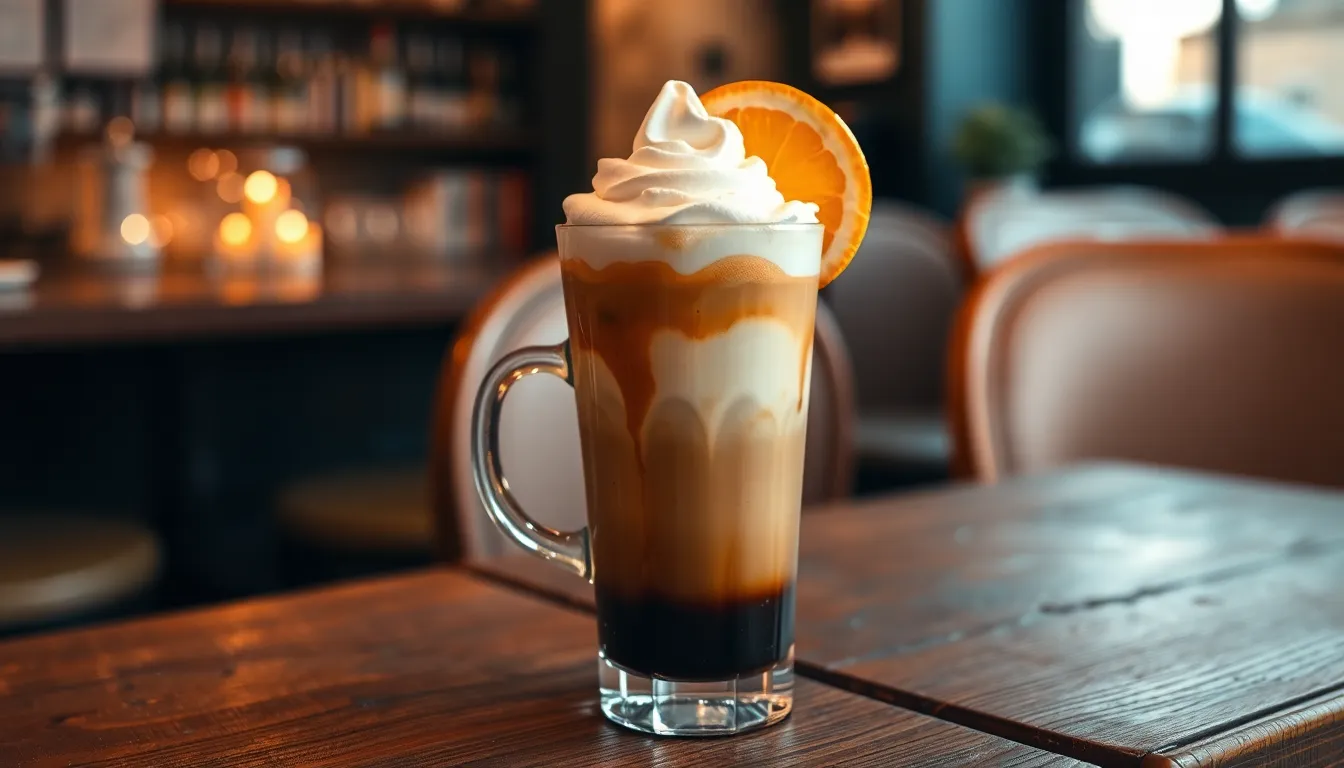
French coffee cocktails combine rich coffee flavors with elegant spirits to create sophisticated drinks that delight the palate. Each ingredient plays a crucial role in achieving the perfect balance of warmth, sweetness, and complexity that makes these cocktails so popular.
French Spirits and Liqueurs
The foundation of any authentic French coffee cocktail lies in its selection of fine spirits and liqueurs. Cointreau, an orange-flavored triple sec, adds a bright citrus note that beautifully complements the bitterness of coffee. Kahlúa coffee liqueur deepens the coffee flavor profile, creating a more robust and complex taste experience. Cognac brings a luxurious warmth and sophisticated character to drinks like Parisian Coffee, offering notes of dried fruit and spice that evolve as you sip. Grand Marnier, with its blend of cognac and bitter orange essence, introduces a refined sweetness that elevates the cocktail’s flavor complexity.
“The first time I tasted a proper French coffee cocktail with aged Cognac and Grand Marnier, I was transported straight to a Parisian café,” shares Rikki Manny. “That perfect harmony between the bitter coffee and sweet orange liqueur creates something truly magical that can’t be replicated with substitutes.”
Coffee Selection and Preparation
The coffee component serves as the canvas for your French cocktail creation. Traditional recipes like Caffe Francais demand freshly brewed hot coffee, preferably a medium to dark roast that stands up to the added spirits. Espresso features prominently in variations such as French Iced Coffee, providing a concentrated coffee flavor that balances the vodka and Irish cream components. For optimal results, brew your coffee just before mixing your cocktail to capture the freshest aromatics and flavors.
Temperature considerations vary by recipe—hot preparations maintain the traditional experience, while chilled versions offer refreshing alternatives for warmer weather. French coffee cocktails often feature a layered presentation, with freshly whipped cream floating atop the coffee mixture to create both visual appeal and textural contrast with each sip.
Mastering the Art of French Coffee Cocktail Presentation
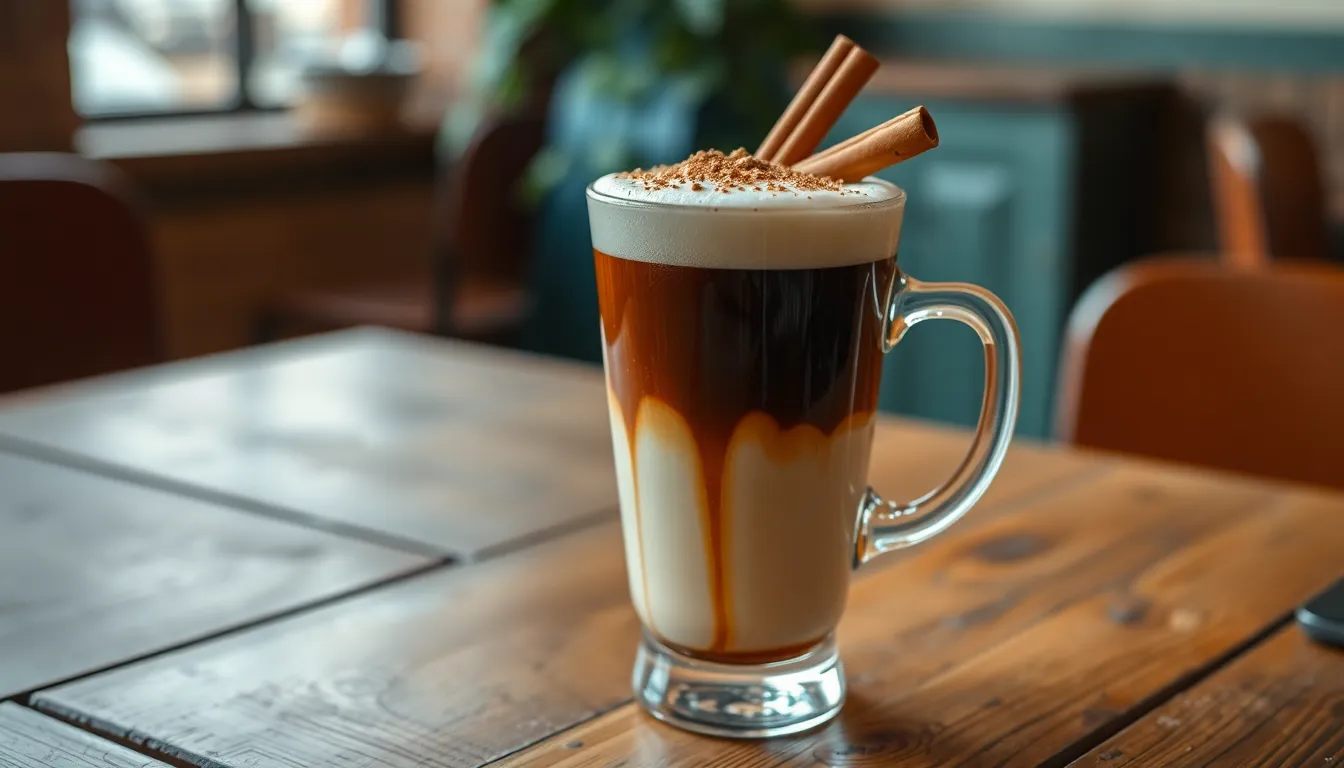
The visual presentation of a French coffee cocktail significantly enhances its appeal and drinking experience. A perfectly presented cocktail engages all senses, creating an elegant and sophisticated impression before the first sip.
Glassware and Garnishes
Clear glassware serves as the foundation for an impressive French coffee cocktail presentation. Irish coffee cups or heat-resistant glass mugs showcase the beautiful layering effect between the dark coffee, amber-colored spirits, and creamy top. These transparent vessels highlight the distinct separation between layers, creating visual interest that’s impossible to achieve in opaque cups. For garnishes, freshly whipped or lightly frothed heavy cream creates a luxurious cloud-like topping that floats delicately atop the cocktail. A light dusting of grated nutmeg, cinnamon, or chocolate shavings adds color contrast and aromatic complexity. Some bartenders include a cinnamon stick as both a decorative element and a fragrant stirrer that enhances the drink’s sensory experience with each movement.
Temperature and Serving Techniques
Temperature control plays a crucial role in achieving the perfect French coffee cocktail. Freshly brewed hot coffee forms the base, typically 2-4 ounces depending on your preference, though some recipes call for up to 6 ounces. Premium spirits like Cognac or Grand Marnier should be added directly to the hot coffee, allowing their flavors to bloom in the warmth. Creating the signature layered effect requires careful technique—pour the cream slowly over the back of a spoon held just above the coffee’s surface. This method prevents the cream from breaking through the coffee layer, maintaining distinct separation between components. Serving immediately after preparation preserves the temperature contrast between the hot coffee mixture and the cool cream topping, creating a multi-dimensional tasting experience. Patrons at Parisian cafés often comment on how this temperature interplay makes each sip uniquely satisfying as the warm coffee and spirits meet the cool cream.
Modern Twists on Traditional French Coffee Cocktails
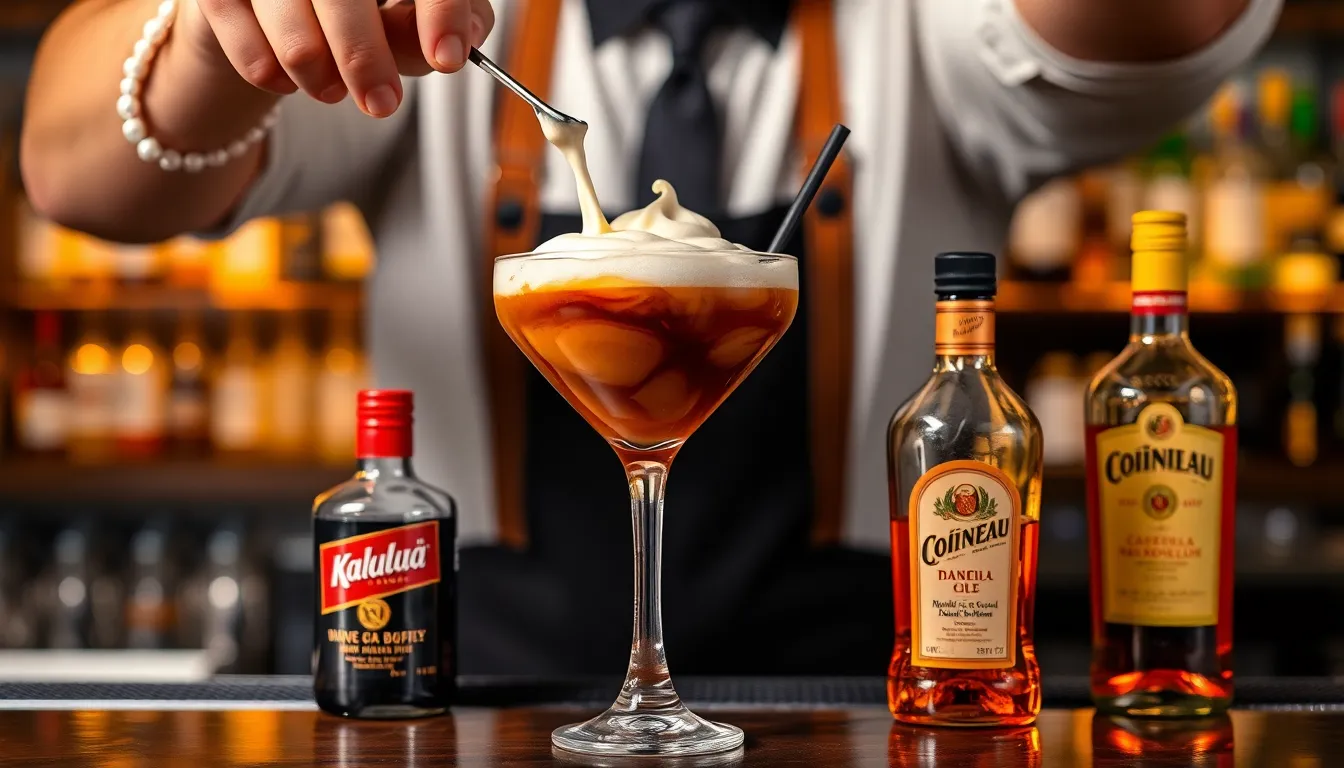
French coffee cocktails have evolved beyond their classic roots, embracing new flavors and preparation methods while maintaining their sophisticated essence. Innovative bartenders are reimagining these traditional drinks with contemporary ingredients and techniques, creating exciting variations for modern palates.
French Coffee with Kahlua and Cointreau
Today’s bartenders frequently incorporate coffee liqueurs like Kahlua alongside orange liqueurs such as Cointreau in their French coffee creations. These modern adaptations maintain the layered presentation of the original, with cream gently floating on top of the coffee-spirit mixture. The addition of Kahlua introduces a sweet depth to the profile while Cointreau enhances the citrus notes, creating a more complex flavor experience than traditional recipes.
French Iced Coffee Cocktail
Chilled versions have emerged as refreshing alternatives to the classic hot preparations. The French Iced Coffee Cocktail combines smooth Grey Goose Vodka with freshly brewed espresso, sugar, and Irish cream, finished with a light dusting of grated nutmeg. This cold interpretation preserves the sophistication of French coffee cocktails while offering a refreshing option for warmer weather or contemporary settings. The contrast between the cold coffee mixture and creamy texture creates an indulgent experience that appeals to both coffee enthusiasts and cocktail aficionados.
Global Influences on French Coffee Cocktails
French coffee cocktails now incorporate global flavors that expand beyond traditional French spirits. Creative mixologists experiment with ingredients like mezcal for smokiness, coconut milk for tropical notes, and agave nectar for natural sweetness. These cross-cultural adaptations honor the layered presentation and attention to detail characteristic of French coffee cocktails while introducing exciting new flavor profiles. The resulting drinks represent a fusion of French technique with international ingredients, appealing to adventurous drinkers seeking novel taste experiences.
The evolution of French coffee cocktails demonstrates how classic recipes can inspire endless creativity while maintaining their elegant essence. Each modern twist builds upon the foundation of traditional French coffee cocktails, offering new ways to enjoy the timeless pairing of coffee and fine spirits.
Pairing French Coffee Cocktails with Desserts
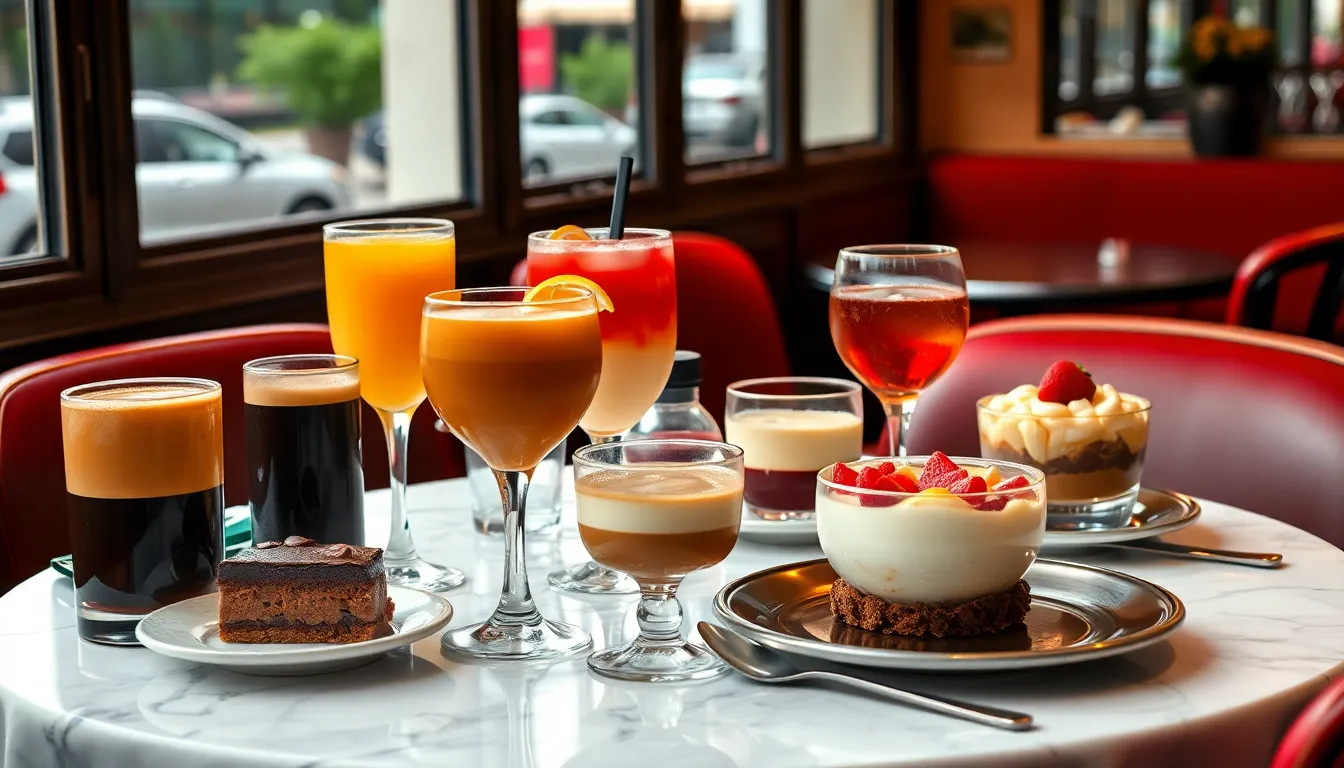
French coffee cocktails create exceptional dessert pairings by balancing flavors, improving aromas, and providing delightful texture contrasts. These sophisticated drinks, with their combination of robust coffee and fine spirits, complement sweet treats in ways that elevate both components of your dining experience.
The natural bitterness and acidity in coffee-based cocktails cut through the sweetness of desserts, creating a harmonious taste experience. Bold espresso cocktails effectively temper the sugary richness found in chocolate confections or fruit-based puddings, preventing flavor fatigue on your palate.
Aromatic compounds in coffee amplify the fragrant notes present in many desserts. Roasted coffee elements enhance vanilla, caramel, and cocoa aromas, creating a more immersive sensory experience when enjoyed together. The creamy textures found in many French coffee cocktails provide pleasing contrasts against crisp, soft, or gooey dessert consistencies.
Perfect Dessert Companions
Several dessert types pair exceptionally well with French coffee cocktails:
- Berry or Fruit Trifles: Layered trifles with their varied textures and fruity profiles match beautifully with coffee cocktails. An espresso martini complements a berry trifle perfectly, with the coffee’s earthiness balancing the sour fruit notes.
- Chocolate Desserts: Rich chocolate creations match the roasted intensity of coffee cocktails, creating a luxurious flavor experience that feels indulgent yet balanced.
- Cream or Fruit Tarts: Lightly sweetened tarts gain depth when paired with French coffee cocktails, especially those containing citrus or caramel flavors.
- Traditional French Desserts: Crème brûlée pairs exquisitely with whiskey or brandy-based coffee cocktails, improving both the caramelized sugar crust and the silky custard beneath.
The complementary relationship between French coffee cocktails and desserts stems from their ability to balance each other’s strongest characteristics—coffee’s bitterness mellows dessert sweetness while the dessert softens the cocktail’s stronger notes. This balance creates a dining finale that feels complete rather than overwhelming.
Conclusion
French coffee cocktails stand as the perfect marriage of café culture and mixology artistry. They’ve evolved from Parisian hidden gems to global sensations while maintaining their sophisticated essence.
Whether you’re enjoying a warm Café Français on a chilly evening or sipping a chilled adaptation during summer months the experience remains distinctly French. The attention to presentation temperature and flavor pairing elevates these drinks beyond ordinary cocktails.
Next time you’re looking to impress guests or simply treat yourself try crafting one of these elegant concoctions. You’ll discover why these versatile drinks have captivated both coffee aficionados and cocktail enthusiasts worldwide offering a sip of French elegance that’s both timeless and contemporary.
Frequently Asked Questions
What defines a French coffee cocktail?
A French coffee cocktail combines quality coffee with traditional French spirits like Cognac, Grand Marnier, or Cointreau. These sophisticated drinks blend the rich traditions of French café culture with mixology techniques, creating beverages that are both elegant and flavorful. They typically feature a layered presentation with freshly whipped cream and are suitable for various occasions from brunch to after-dinner gatherings.
When did French coffee cocktails become popular?
French coffee cocktails gained popularity in the early 2010s when Parisian bartenders began experimenting with coffee-infused cocktails. Their photogenic appeal made them perfect for social media sharing, transforming them from obscure café specials to trendy bar staples worldwide. Tourism also contributed significantly as travelers sought to recreate authentic French café experiences at home.
What are the essential ingredients for making French coffee cocktails?
Essential ingredients include quality French spirits (Cognac, Cointreau, Grand Marnier), a medium to dark roast coffee or espresso, and fresh whipping cream. The coffee provides the bold base, while the spirits add complexity and warmth. Additional ingredients may include Kahlúa or amaretto for sweetness and depth. Fresh cream creates the signature layered presentation that makes these cocktails visually distinctive.
How do I make a classic Café Français?
Brew strong coffee and add 1-2 oz of Cognac or Grand Marnier. Stir well and top with freshly whipped cream and shaved almonds for texture. Serve hot in a clear glass mug to showcase the beautiful layers. This traditional preparation balances the boldness of coffee with the warmth and complexity of fine French spirits for an elegant drinking experience.
Are there chilled versions of French coffee cocktails?
Yes, modern interpretations include chilled versions like the French Iced Coffee Cocktail. These refreshing alternatives typically combine espresso, vodka, and Irish cream over ice. Some recipes incorporate coffee liqueurs and are shaken with ice before straining into chilled glassware. These cold variations are perfect for warmer weather while still maintaining the sophisticated essence of traditional French coffee cocktails.
What desserts pair well with French coffee cocktails?
French coffee cocktails pair exceptionally well with berry trifles, rich chocolate desserts, cream or fruit tarts, and traditional French desserts like crème brûlée. The natural bitterness and acidity in these coffee-based drinks complement sweet treats by balancing flavors, enhancing aromas, and providing delightful texture contrasts. This complementary relationship creates a harmonious finale to any meal.
How important is presentation for French coffee cocktails?
Presentation is crucial for authentic French coffee cocktails. Clear glassware, like Irish coffee cups, showcases the beautiful layering of coffee, spirits, and cream. Garnishes such as freshly whipped cream, grated nutmeg, cinnamon sticks, and chocolate shavings add aromatic complexity and visual appeal. This meticulous attention to presentation transforms the drink into a multi-sensory experience.
What modern twists are being added to traditional French coffee cocktails?
Modern twists include incorporating innovative spirits like mezcal, flavored liqueurs, house-made syrups, and international influences such as coconut milk. Bartenders are experimenting with molecular gastronomy techniques, different brewing methods, and creative garnishes while maintaining the elegant essence of traditional recipes. These contemporary adaptations appeal to both coffee lovers and cocktail enthusiasts seeking new flavor experiences.
